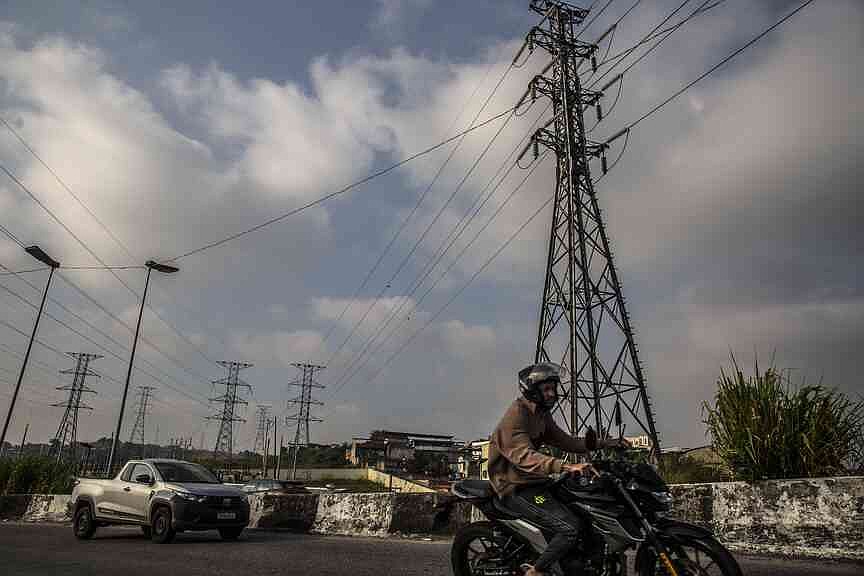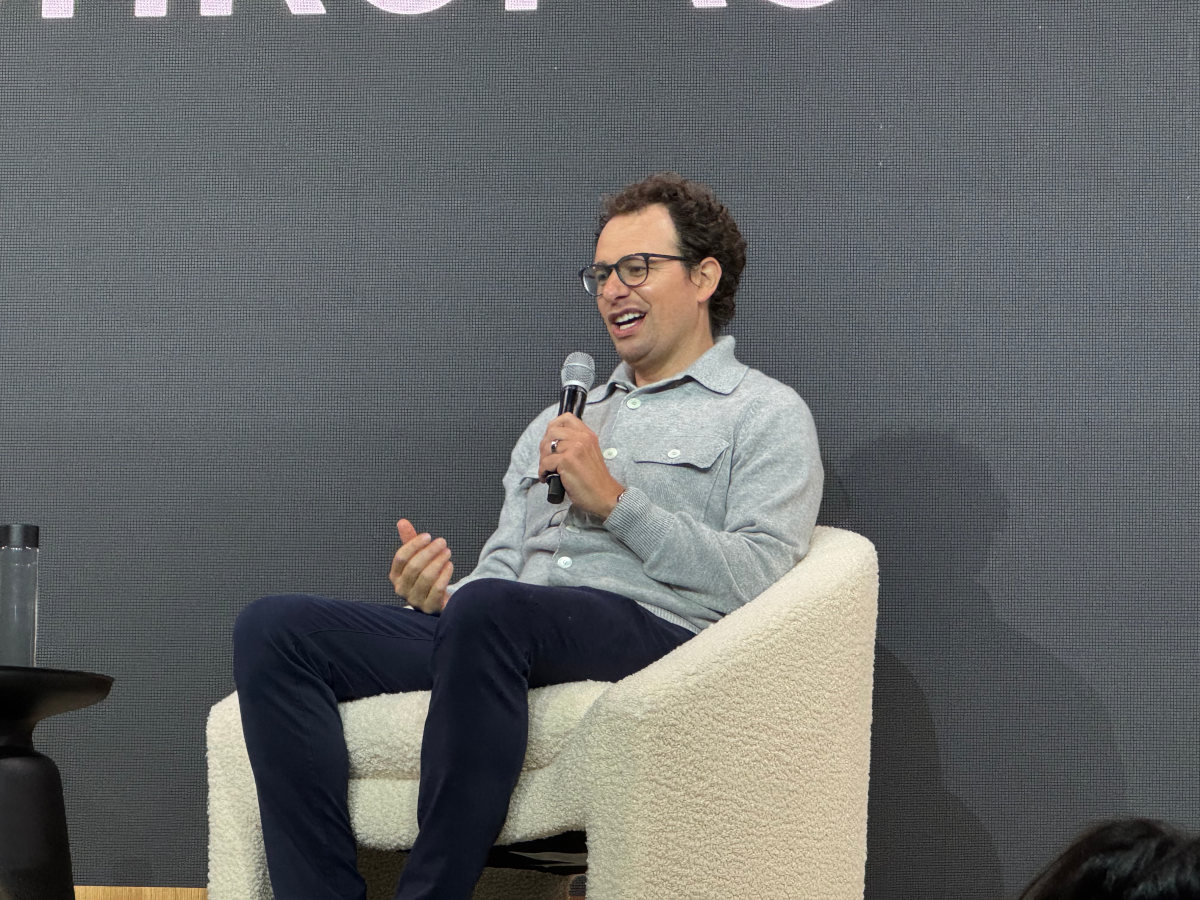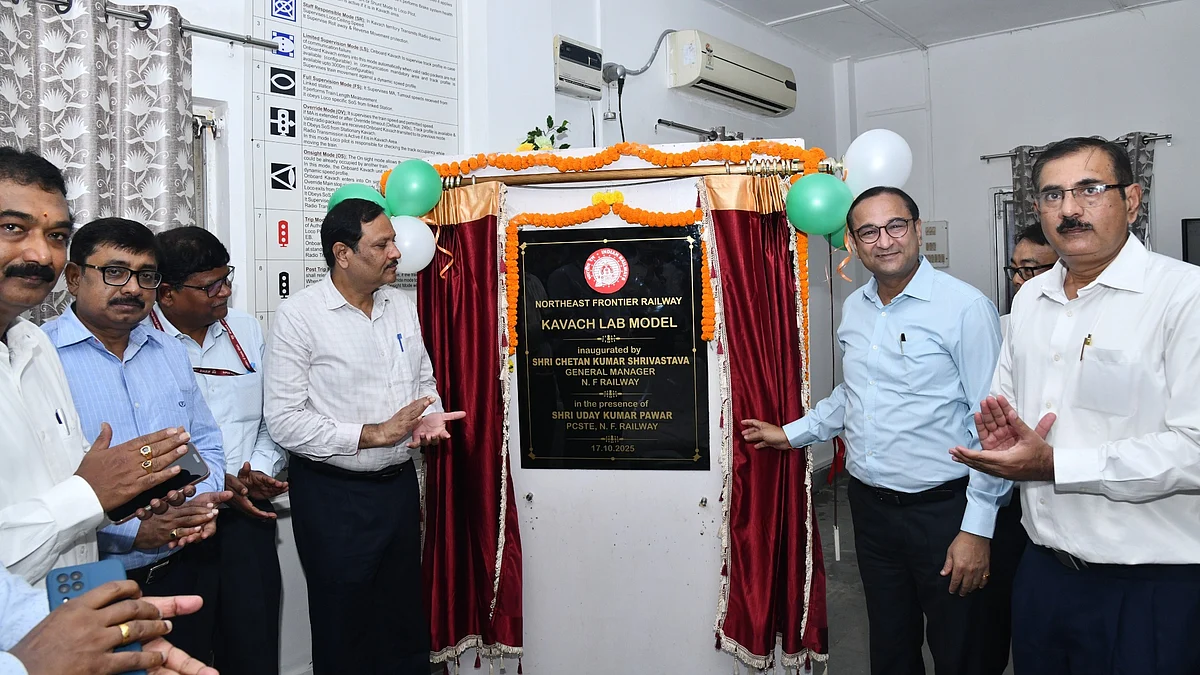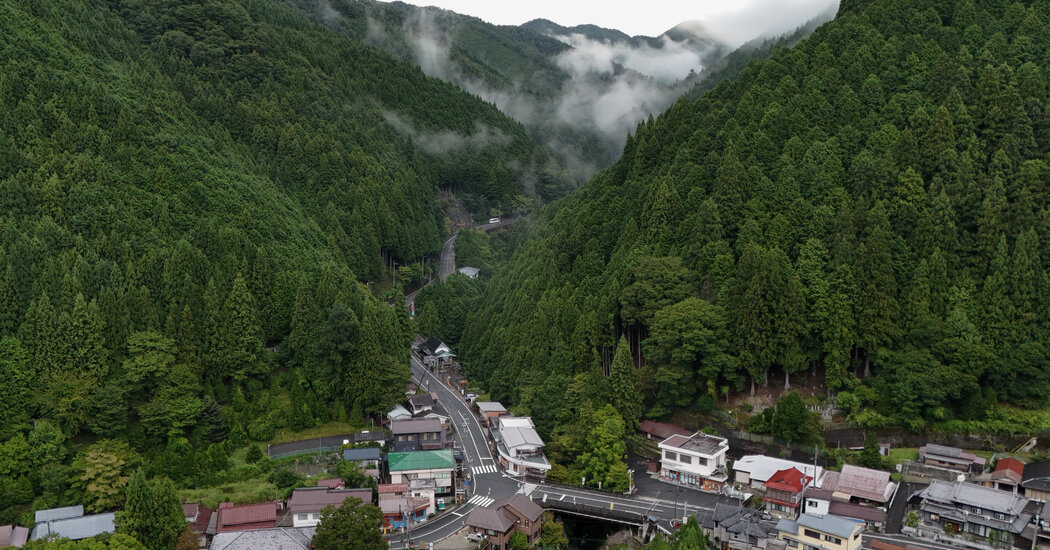Copyright Arkansas Online

Alphabet Inc.'s Google Moonshot Factory plans to review Rio de Janeiro's power grid ahead of the potential construction of data centers that would put the city at the forefront of Latin America's artificial-intelligence industry, according to the city's vice mayor. The work with Tapestry, a division of the Moonshot Factory that focuses on grid management, is expected to be one of four initiatives the city announces early next month at an event tied to the C40 World Mayors Summit, Vice Mayor Eduardo Cavaliere said in an interview. A Tapestry deal wouldn't include an investment in data centers, he said. Demonstrating the reliability of Rio's electricity grid is a crucial step toward convincing global technology giants to choose Rio as a destination to build data centers. Rio AI City would eventually need as much electricity as the entire city consumes today. "Tapestry is really important for the Rio AI City project because they certify the quality of energy distribution," Cavaliere said. "Data centers and hyperscalers need to trust the energy infrastructure." A spokesperson for Tapestry declined to comment. Rio AI City is situated next to the Olympic Park, just 2 miles from one of Rio's prized beaches. It will use legacy infrastructure from the same high-speed cables that broadcast the Olympics in 2016, Cavaliere said. The Moonshot Factory, formerly known as Google X, was founded in 2010. It has hatched some of Alphabet's most ambitious undertakings, including the self-driving car business Waymo and the life-sciences company Verily, which both graduated to become independent Alphabet companies. Lately, however, the division has pivoted to become an incubator that spins off its projects as startups -- a move prompted by financial pressures and a companywide focus on AI. Elea Data Centers, the developer of Rio AI City, designed the project to attract the largest U.S. technology companies, Chief Executive Officer Alessandro Lombardi said in an interview. The recent approval of tax incentives for data centers has helped generate more interest, he said. The expansion of Rio AI City will require huge investments in Brazil's energy transmission and generation capabilities. Currently, the grid is reliant on hydropower and, as recently as 2021, a drought raised concerns about energy rationing in the country. Lombardi said a new nuclear power facility in the state of Rio de Janeiro, plus a new transmission line bringing wind and solar generation from northeastern Brazil, will help Elea secure enough electricity by the end of the decade. However, it will cost about $50 billion to bring the Rio AI City project to 1.5 gigawatts of capacity in 2028 or 2029, Lombardi said. About 20% of the investments will go toward the basic infrastructure for the data centers and the rest will be used for actual computing hardware, said Lombardi. Elea expects to eventually get to 3.2 gigawatts of capacity at the project. "It's ambitious," said Lombardi. "What are the cities of the future? They are the ones that manage to build computational capacity of this scale." Brazil is considered the best-positioned country in Latin America to tap into the global boom in data-center investing because it has numerous sources of renewable energy and the most high-speed fiber optic cables. Still, only a third of the announced data centers in Brazil will actually happen because some have no connection to the grid and others are just too far from Sao Paulo, the country's financial center, said Inês Gaspar, Aurora Energy's research lead for Latin America. "The project demand is very inflated because you have overlapping requests, and you have lots of speculative announcements," she said. Lombardi said Rio AI City is close to transmission lines and substations, and is relatively close to Sao Paulo. He said he expects an investor for the first phase of the plan to be announced early next year. Information for this article was contributed by Davey Alba of Bloomberg (WPNS).



